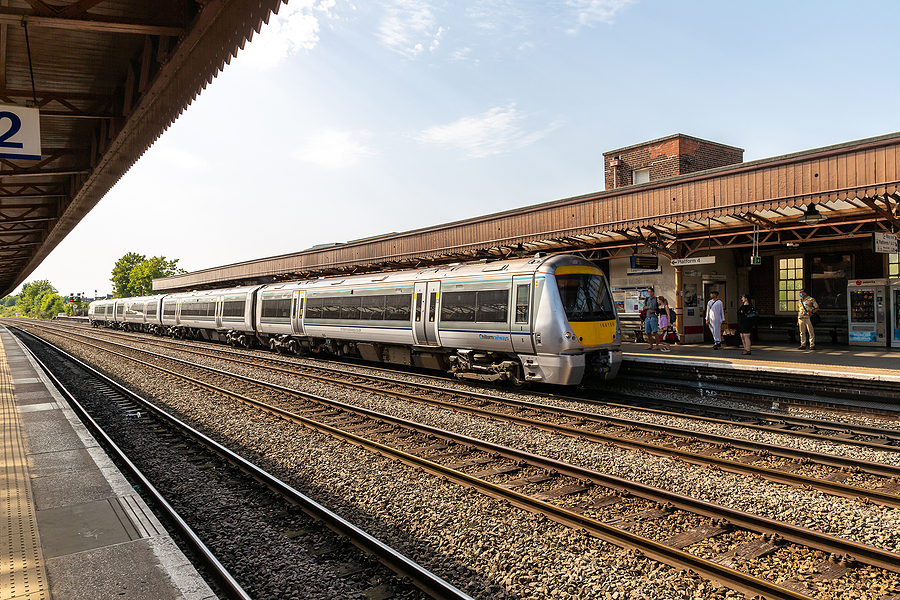
HS2 Will Supply Materials
The Spanish company, Celsa Group, have found steady orders for its U.K. based scrap-fed electric arc furnace (EAF) steel mill through the construction of high-speed passenger rail in the United Kingdom.
In a statement made by the London-based High Speed Two Ltd. (HS2),“Over the last two years, the U.K. steel industry has benefitted from a pipeline of orders worth over 170 million British pounds ($214 million) from HS2’s construction partners building the first phase of the high-speed railway linking London and the West Midlands” in England.
HS2 has recently chosen the Celsa Steel UK EAF mill in Cardiff, Wales to supply materials for their needs, and was recognized in a press release.
A 20 Year Project
HS2 has calculated that during its lengthy 20-year construction phase, it will require a massive amount of material. This includes around 1 million metric tons of rebar and structural steel, 200,000 metric tons for rail and related equipment, as well as an additional 15,000 metric tons for rolling stock.
“HS2’s vast demand for steel over the next 20 years, as we extend Britain’s new railway to Manchester and the East Midlands, is a lifeline for this vital U.K. industry and stimulates future growth potential,” commented Ruth Todd, chief commercial officer of HS2.
A privileged group were recently given the opportunity to explore Celsa’s Cardiff operations. This party consisted of HS2 executives, such as Todd, and various regional politicians.
“The recyclable and retraceable products they supply aligns to our commitment to cut carbon in construction, as we strive to ensure HS2 is one of the most environmentally responsible infrastructure projects ever delivered in the U.K.,” states Todd regarding Celsa’s recycled-content steel.
Sustainability as its Focus
HS2 reports that Celsa’s scrap-fed EAF process results in 80 percent less carbon emissions compared to basic oxygen furnace steelmaking techniques. And, in five UK cities, Celsa Steel UK also “transports high volumes of its materials and products by rail, not road, for the bulk of their journeys, including the scrap metal collected from its scrap yards.”
Achieving circularity and sustainable production is of great importance to Celsa UK, as expressed by Gabriella Nizam, head of sustainability and strategy at the firm. She states, “Our steel is produced in an electric arc furnace, with 98 percent of our raw material being U.K.-sourced scrap metal. Our commitment to circularity combined with our sustainable production process establishes us as a leader in environmentally friendly steel production in the U.K.”
Over the past 24 months, HS2 claims to have made use of around 20,000 metric tons of Celsa recycled-content U.K.-fabricated steel. “And the orders keep coming,” the company continues.
“We are proud that U.K.-made steel is being used to build HS2,” remarks Gareth Stace, director general of Celsa UK Steel. “With the potential for two decades more orders, HS2’s investment in U.K. recycled steel should be emulated by many other major infrastructure projects.”
To date, HS2 has estimated that 3,000 British firms “have won work on HS2 and 23 billion pounds ($29 billion) has been contracted into the supply chain. A workforce of nearly 30,000 are in jobs supporting HS2’s vast construction program and thousands more are employed in offices and factories across the U.K. supplying the materials, products and services needed.”
